Anthony Albanese derides Peter Dutton urging to stay at home
The Prime Minister rejected the call from the Opposition Leader to stay home and convene a meeting of the national cabinet.
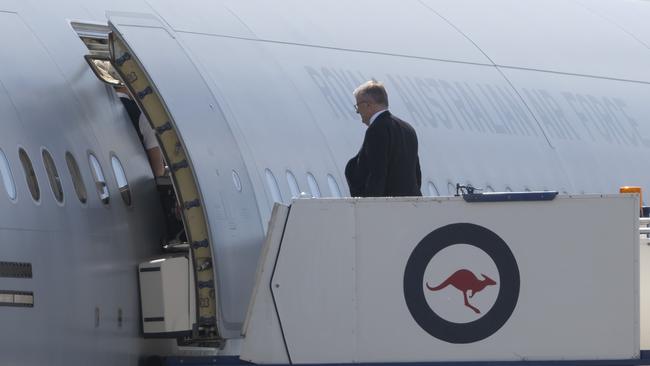
Anthony Albanese has defended his trip to the Asia Pacific Economic Co-operation leaders’ summit in San Francisco after a political row erupted over his priorities and extensive overseas travel, with Peter Dutton calling on him to cancel the whirlwind trip to address domestic issues.
The Prime Minister rejected the call from the Opposition Leader to stay home and convene a meeting of the national cabinet to respond to rising anti-Semitism and address the release from indefinite detention of non-citizens with hardened criminal backgrounds following a key High Court decision.
Attempting to suspend parliamentary question time, Mr Dutton on Wednesday said the Prime Minister was “flying off overseas again when he should be staying in this country”, telling Mr Albanese “Don’t continue to abrogate your responsibilities”.
“Don’t hop on the plane again to the US. You just met with President Biden,” he said. “The first responsibility for you, Prime Minister, is to be here and take care of the Australian public.”
Mr Albanese told parliament that Australian prime ministers had always attended APEC leaders’ meetings since the grouping’s foundation more than 30 years ago, with the exception of Julia Gillard when she had to return home following the death of her father.
“The fact is one in four of Australia’s jobs depends upon our trade,” Mr Albanese said. “I make no apologies – no apologies – for re-engaging and fixing some of the problems that we were left.”
He said the government had addressed Australia’s supply chain problems and was removing the impediments to trade with China, reaffirming his plans to meet again with US President Joe Biden and Chinese leader Xi Jinping, despite having already held bilateral meeting with both leaders within the past month.
He accused Mr Dutton of trying to link the concerns of the Jewish community over rising anti-Semitism to the release from indefinite detention of non-citizens with criminal backgrounds, saying this was “beyond contempt”.
Mr Albanese said he would “stand up for Israel’s right to defend itself” at the APEC summit, but also declared that Australia had a responsibility to say that democratic nations needed to abide by international law.
The Prime Minister, who left Australia on Wednesday afternoon immediately following question time to attend the gathering of global leaders, is scheduled to meet with Microsoft chief executive Satya Nadella on Thursday morning (AEST) before attending an APEC welcome reception at the Exploratorium museum in San Francisco.
Mr Albanese will discuss with Mr Nadella the October announcement by Microsoft to invest $5bn into Australia, which will expand the company’s footprint in the country, and its commitment to support programs aimed at training an extra 300,000 Australians.
The government will use the APEC summit to promote trade and investment liberalisation, including in environmental goods and services, while promoting services competitiveness and mutual recognition of professional qualifications within APEC.
A forum of 21 Asia-Pacific economies, APEC is home to more than 2.9 billion people and makes up more than 60 per cent of global GDP. APEC partners – including the US and China – represent about 75 per cent of Australia’s total trade in goods and services and 48 per cent of global trade.
The first face-to-face meeting in a year between Mr Biden and Mr Xi Jinping will be a key feature of the summit and will be aimed at providing a more solid foundation for bilateral relations amid hopes in the Asia-Pacific that tensions can be wound back at a time of heightened instability.
Senior fellow at the Lowy Institute Richard McGregor told The Australian that US allies had sent a strong signal ahead of the bilateral meeting between Mr Biden and Mr Xi that tensions should be dialled down, particularly given concerns over Taiwan.
He said one of the most important outcomes from the meeting would be a possible resumption of some form of bilateral military dialogue between Washington and Beijing – something that the US had unsuccessfully tried to revive after several years of no engagement.
Mr McGregor said chances of a military miscalculation were growing and mechanisms to manage potential conflict were badly needed.


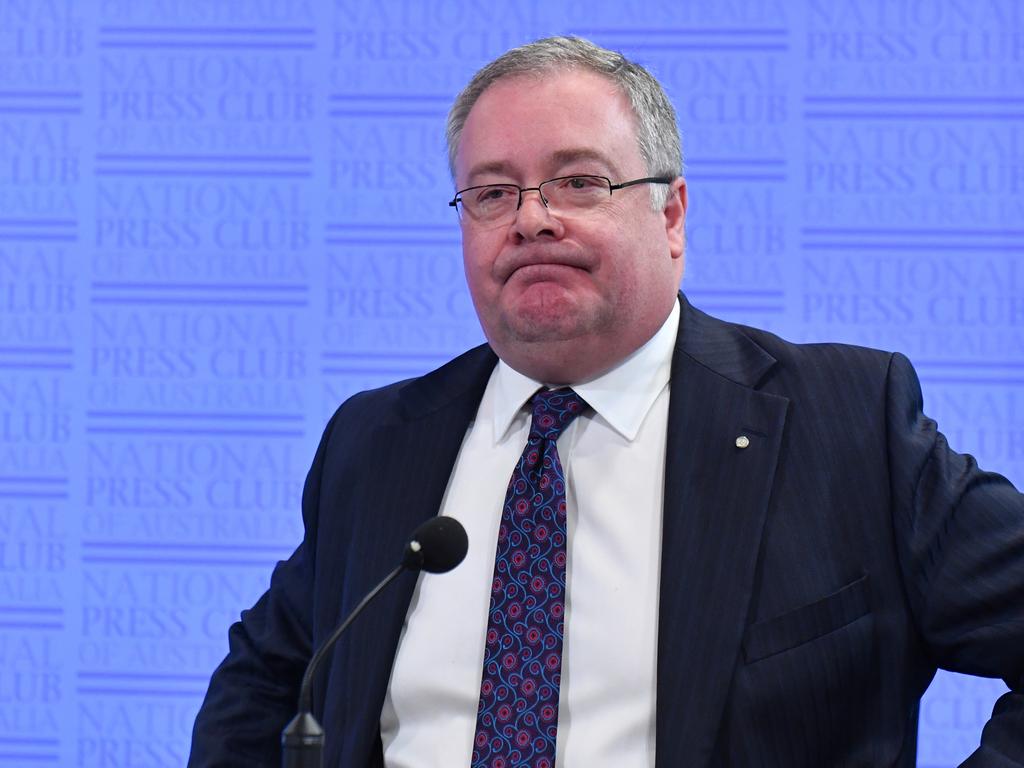
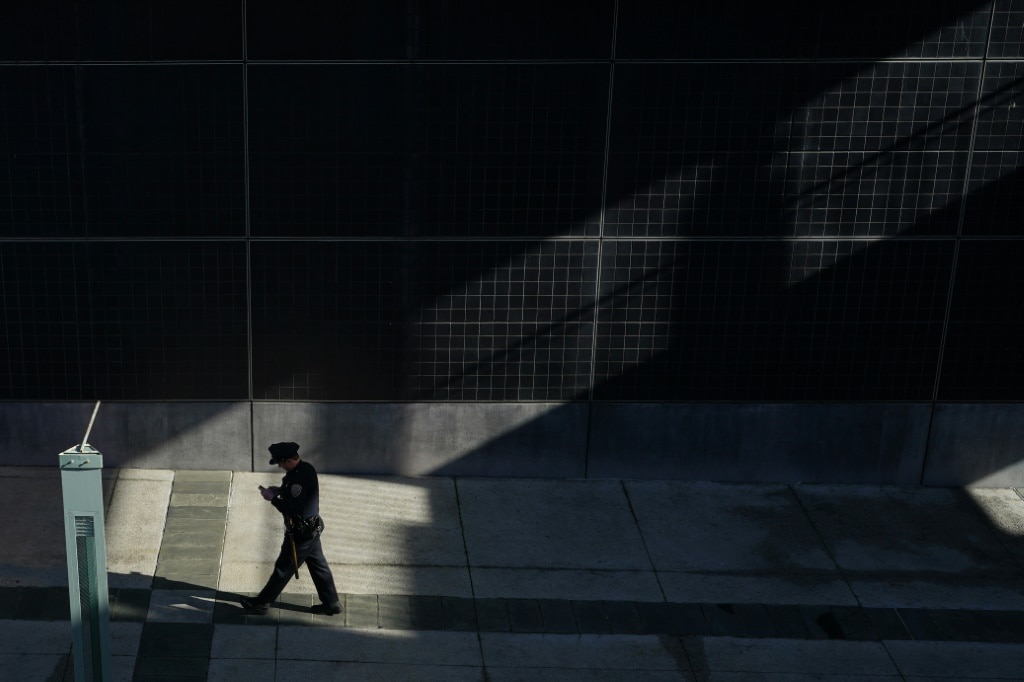
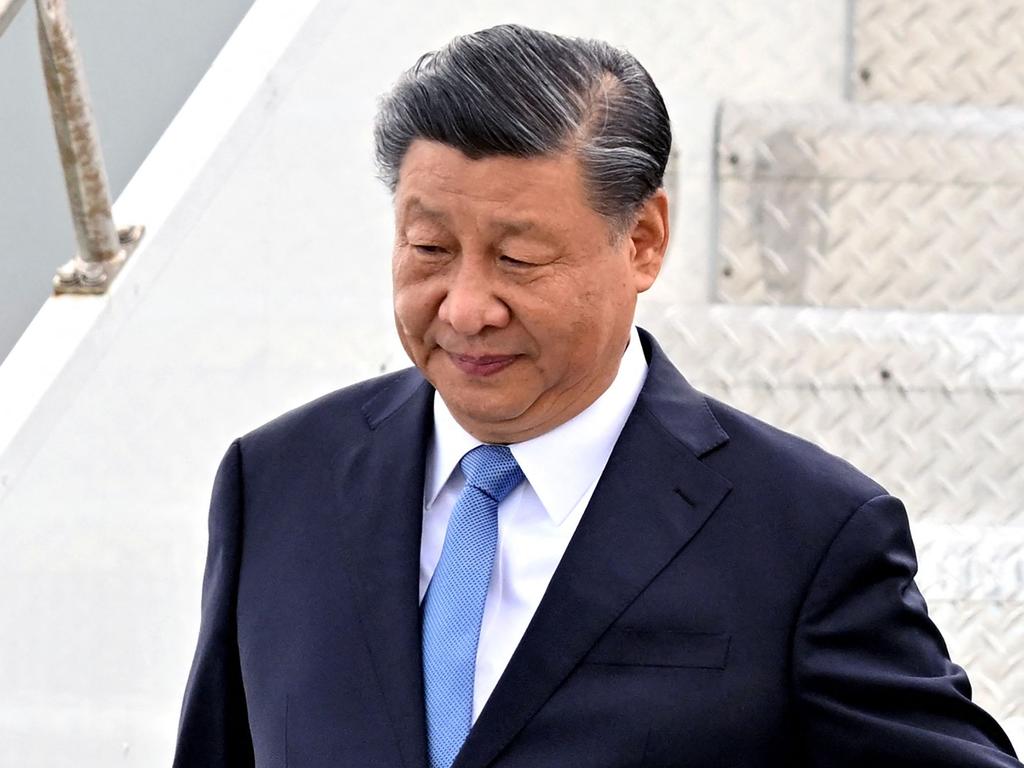
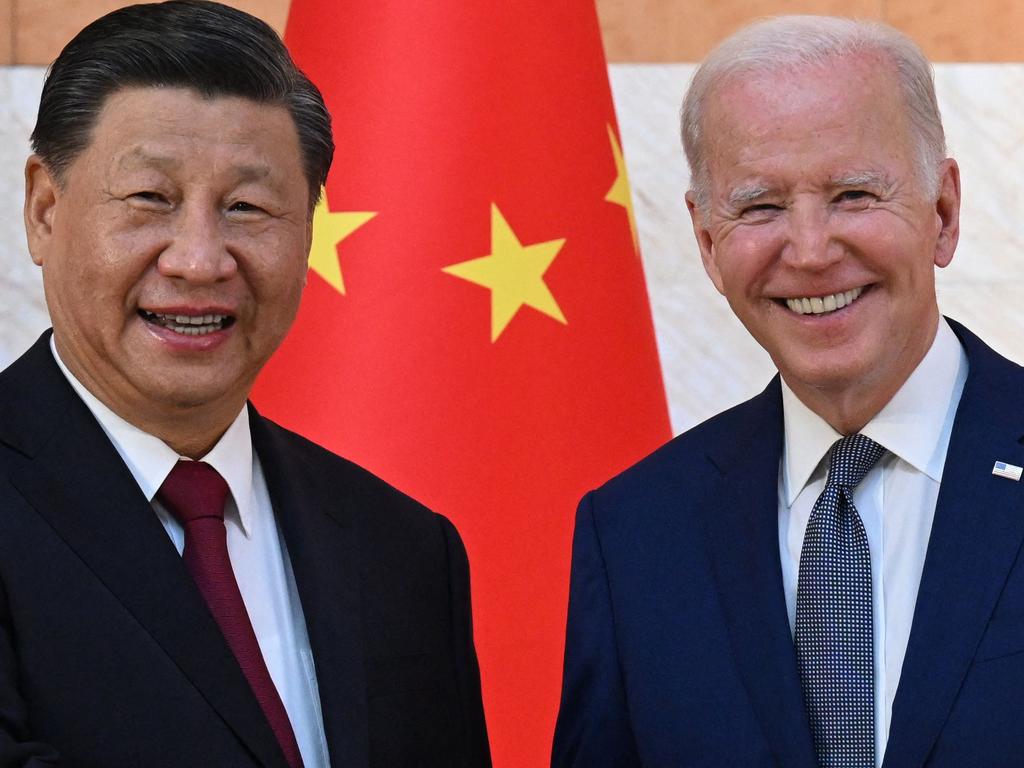


To join the conversation, please log in. Don't have an account? Register
Join the conversation, you are commenting as Logout